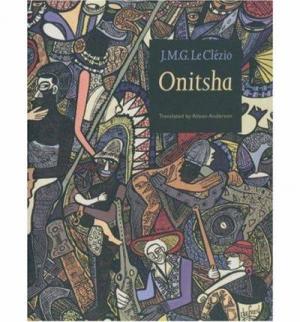
Аннотация
From Publishers Weekly
In 1948, a 12-year-old boy named Fintan is sailing to Africa with his Italian mother to live with the British father he doesn't remember. At times, this French novel paints too precious a picture of the young Fintan and his mother, who occasionally writes down poetic bits like "In my hands I hold the prey of silence." The ship's voyage can drag, too, with too many hints about the characters' previous lives (upon learning that Fintan has contracted scabies, his mother cries out "A barnyard disease!"). But once the pair arrive in Onitsha, in Nigeria, Fintan's views of the colonial situation and the different ways that Europeans adapt to their surroundings prove fresh and valuable, though suffused with the unworldly morality of the innocent. He befriends Bony, the son of a fisherman, who teaches him a new way of seeing nature. The relationship between Fintan's parents crackles with difficulty as they attempt to readjust to each another after their long separation and as his mother strains against local customs. At a dinner party hosted by a man who has commissioned prisoners to dig a swimming pool, Fintan's mother insists that the chained prisoners be allowed something to eat and drink. Her request is met, but she is then ostracized by polite society. Eventually, Fintan's father loses his job with the United Africa Company and moves the family first to London, then to the south of France. Overall, this novel is choppy, but it generates waves that startle and surprise, and that push the reader from one page to the next.
From Library Journal
Often, looking through youthful eyes focuses readers directly on the brutal truths of such unsavory issues as racism. In this latest translation of a work by noted French author Le Clezio (following The Prospector, Godine, 1993), young Fintan realizes the horrors of racist, colonial society as he journeys with his much-beloved mother to Africa in 1948 to join his father, an agent for a trading company. Even before their ship has arrived, Fintan is becoming aware of Western intolerance of African people, beliefs, and language. The novel offers a compelling contrast between white mistreatment of Africans and the occasionally dangerous natural beauty surrounding the village of Onitsha on the banks of the Niger River. Fintan never forgets the harsh facts of his childhood years, and readers will not forget this novel.

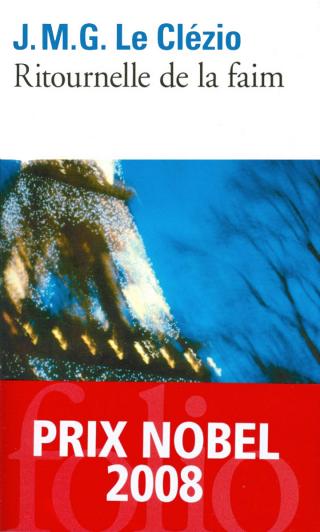

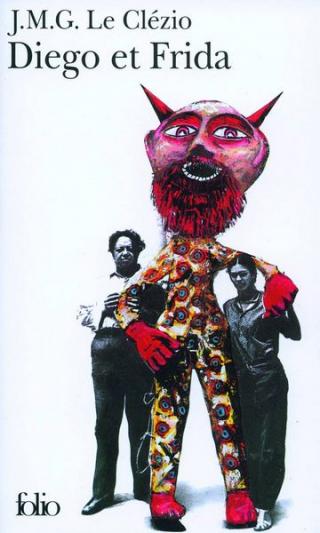




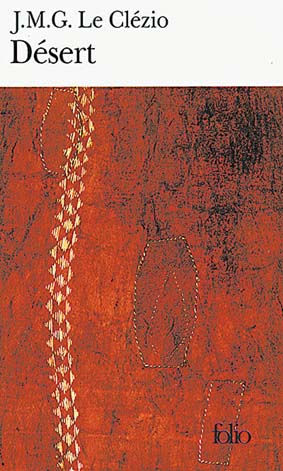
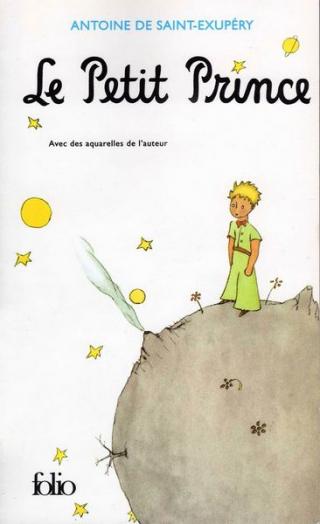
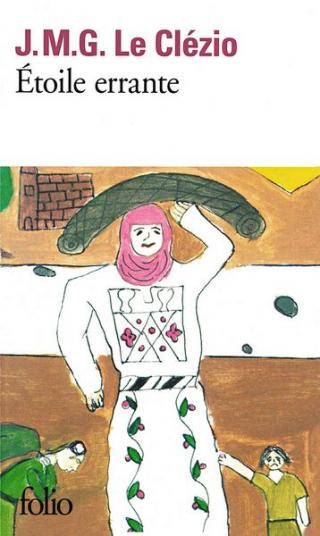


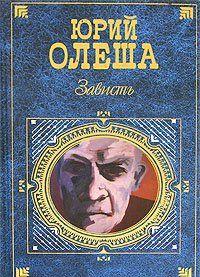
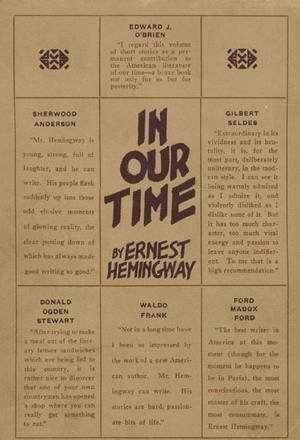
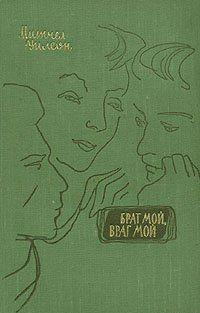

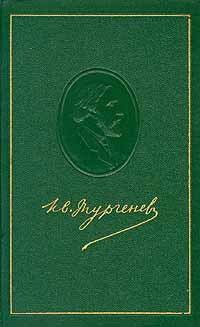


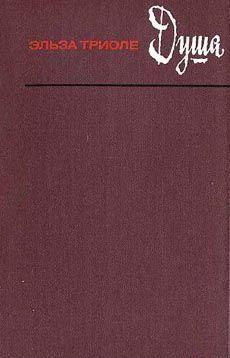

Комментарии к книге "Onitsha"